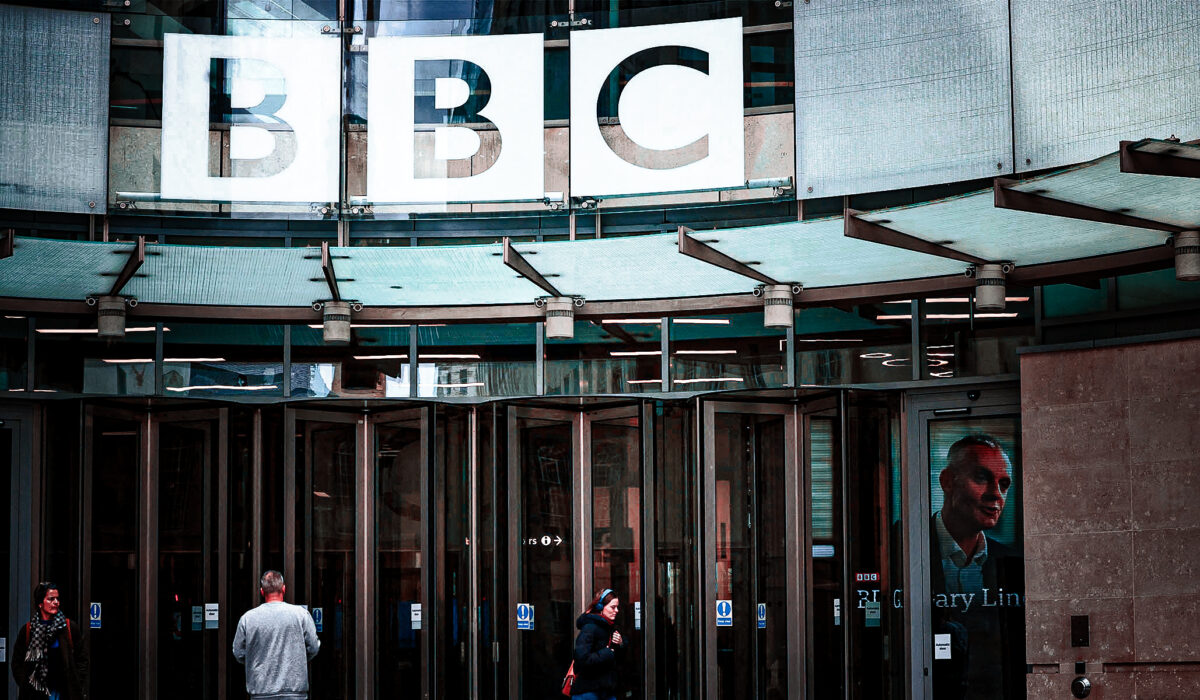How to Rescue a Flagging Public Broadcaster
“Amid the resignation of senior BBC officials, the debate on how to save the broadcaster rages on.” That line captures the moment: leaders stepping down and arguments flying, while the public wonder what comes next. The core questions are simple: who pays, who decides, and who benefits.
The BBC has long depended on a licence fee that feels increasingly out of touch with how Americans and Brits consume media today. Conservatives argue that mandatory fees for a single national outlet create market distortions and weaken accountability. Competition, transparency, and clear governance are practical remedies worth serious attention.
First, governance must change so taxpayers have a direct line to consequences when leadership fails. Boards should be accountable to Parliament and the public, with tougher oversight on promotions and editorial choices. That reduces the chances of repeated crises driven by opaque decision making.
Second, funding needs to be rethought so consumers can choose what they support. Replace mandatory levies with voluntary subscription options and targeted public funding for noncommercial services like emergency broadcasting and cultural archives. Letting consumers decide will force quality up and costs down.
Third, editorial impartiality has to be enforceable, not aspirational. A clear code, enforced by independent review panels, will rebuild trust lost to perceived bias. Those panels should include diverse voices and clear standards tied to actual penalties for repeated violations.
Fourth, embrace competition and innovation rather than protecting a monopoly with public money. Encourage independent public-service providers, regional outlets, and private firms to offer alternatives. Competition will expose weak performers and give audiences real choices instead of captive viewership.
Fifth, prioritize local journalism and hard news that private markets under-serve. National culture and sports coverage can survive in a marketplace, but local investigative reporting often needs targeted support. Direct grants or matching funds for local outlets will sustain watchdog journalism without bailing out national inefficiencies.
Sixth, transparency about spending is nonnegotiable. Every pound or pound-equivalent must be accounted for publicly with simple, comparable metrics on output, reach, and cost per viewer. That kind of clarity forces tough choices and helps taxpayers see value or demand change.
Seventh, incentives should reward clear performance metrics, not bureaucratic scale. Reward projects that reach underserved audiences, bolster civic literacy, and support cultural heritage. Cut back on costly productions that neither educate nor inform the public in measurable ways.
Eighth, legal protections for press freedom must remain, but they cannot be an excuse for institutional arrogance. The BBC should retain editorial independence within a framework that accepts review, correction, and reform when failures occur. Strong institutions are resilient because they accept scrutiny, not because they resist it.
Reform is uncomfortable, and change will be resisted by those who benefit from the status quo. Still, taxpayers deserve a broadcaster that earns their support, not one that depends on coercive funding and shields itself from consequences. Smart, accountable reforms will preserve public service media while restoring public trust.

